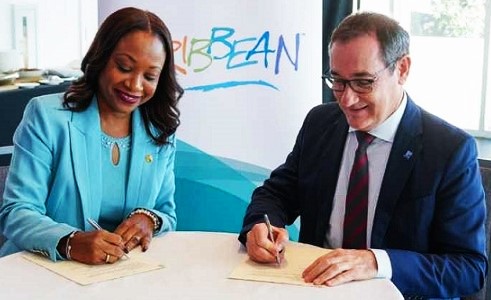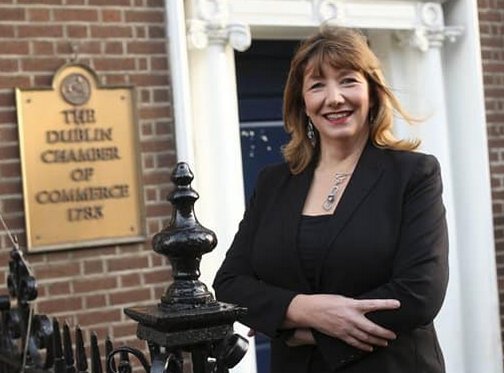MPs and other opinion formers taking a break from the Conservative Party Conference last week were told that devolution could be one way to achieve an education system that was attuned to local business needs. Francis Martin, President of the British Chambers of Commerce, told a fringe event at the Conference that business needed a more locally-focused education system to meet the challenges of future growth.
He was speaking days after Prime Minister Theresa May and Chancellor of the Exchequer Phillip Hammond, speaking at the Conference, had confirmed the Government’s commitment to the Midlands Engine for Growth and Transport Secretary Chris Grayling had committed £12m to Midlands Connect, which is driving better connectivity between towns and cities in the Midlands.
Mr Martin, speaking at the event which was jointly hosted by seven regional Chambers of Commerce with, together, over 14,000 members, said that links between education and business needed to be stronger and education had to be more responsive to changes in industry.
He also called for reassurances from Government for EU-based employees of UK companies and for those wanting to come to work in the UK and how Britain will need to “continue to attract people on a pragmatic basis” post-Brexit.
Mr Martin added that “all Chambers are different” and have to “respond to local needs and local business community priorities” but that one of the strengths of the Chamber movement was its ability to work together to enhance business.
Conservative MPs from across the region were invited to join the Chambers and representatives of local businesses at the ‘fringe’ event, intended to show how business could work together to continue to drive growth despite current market uncertainties.
Any other MPs attending the Conference had an open invitation to take part, the aim being to informally provide Ministers with a closer insight into regional business priorities at a time of uncertainty as far as growth and investment are concerned.
Exporters, each with their own concerns about Britain post-Brexit, make up about a third of the membership of the Chambers taking part in the event at the Studio at the Birmingham Repertory Theatre, close to the main entrance of the International Conference Centre, Centenary Square, which is the main venue for the Conference.
The seven Chambers involved were Northants, Milton Keynes, Coventry and Warwickshire, Birmingham, Black Country, Staffordshire, Hereford and Worcestershire and East Midlands Chamber*.
Between them, the Chambers represent members across 25 business sectors and handle over 100,000 export documents a year.
Corin Crane, Chief Executive of the Black Country Chamber of Commerce, commented: “The political landscape over the last three months has generated an atmosphere of uncertainty, which has been felt amongst business communities throughout the country. In particular, businesses have become increasingly reluctant to make long-term investments, which ultimately hampers their growth.
“Therefore, through collaborative partnership, the Chambers of Commerce at the event yesterday seek to actively engage with MPs on both a regional and national scale, encouraging them to assure businesses that their interests will be factored into post-Brexit negotiations. Through this, we aim to ensure that the economic and political landscape moving forwards is conducive towards the growth of businesses throughout the country.
“In essence, whilst the result of the EU referendum has created an environment of ongoing uncertainty, we as a collective remain steadfast in our commitment to support the growth and development of businesses. Many Black Country businesses are nervous about the impact Brexit will have on recruiting for vacancies that are difficult to fill. There is already competition for skilled construction workers, engineers and logistics teams, and these are sectors already heavily dependent on foreign workers. As a Chamber, we will continue to both lobby and work with partners on these issues at every opportunity.”
















